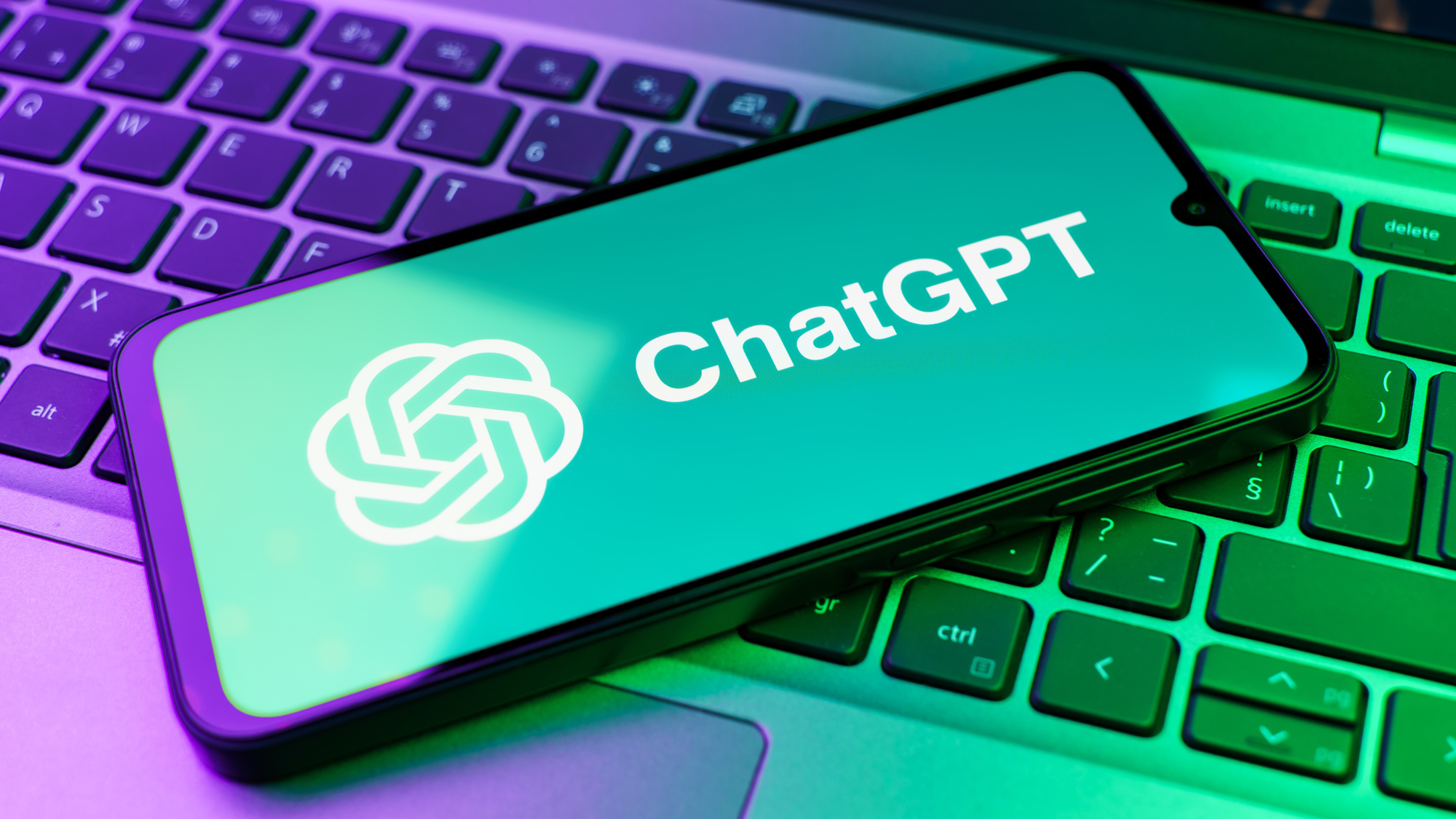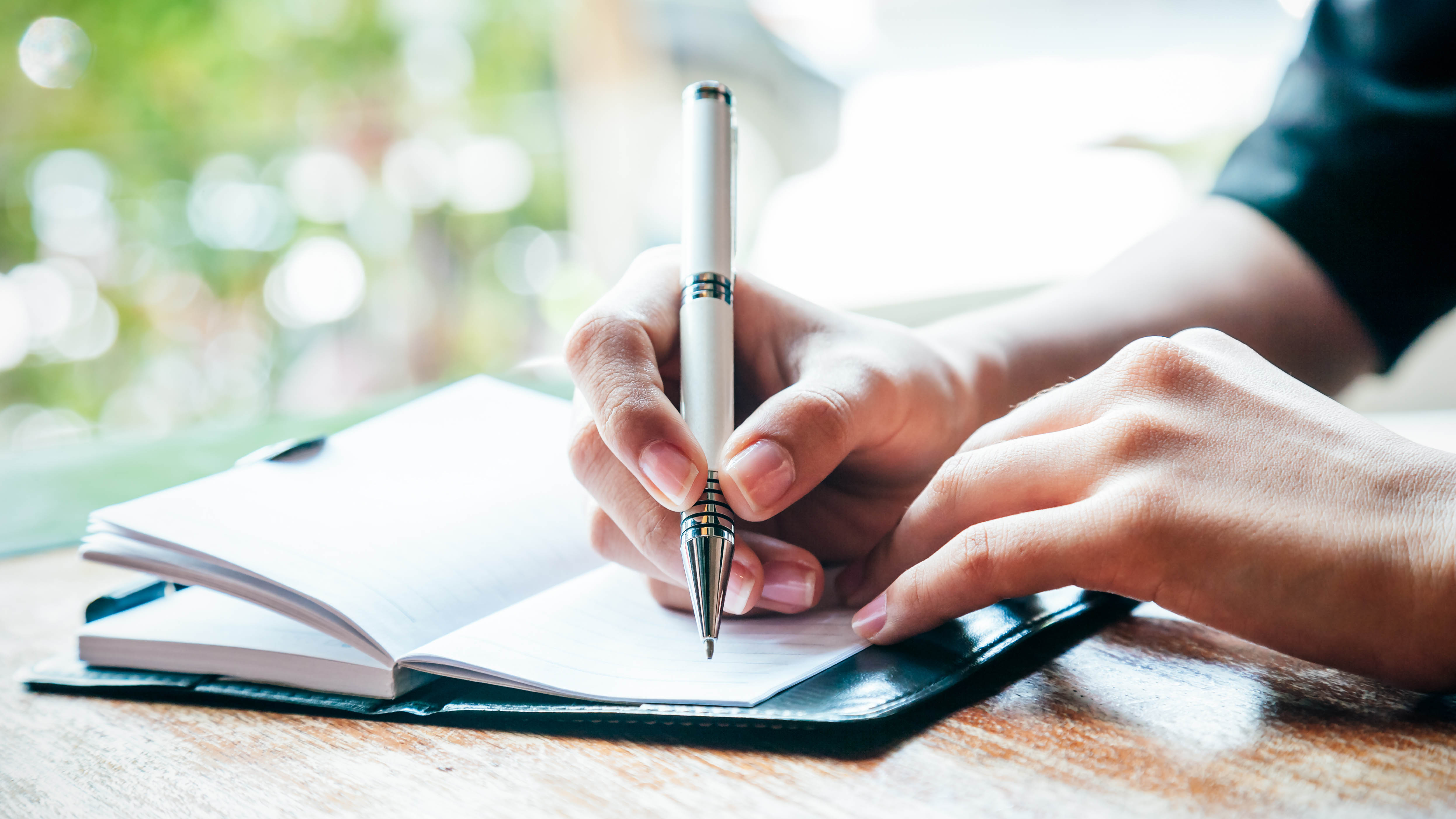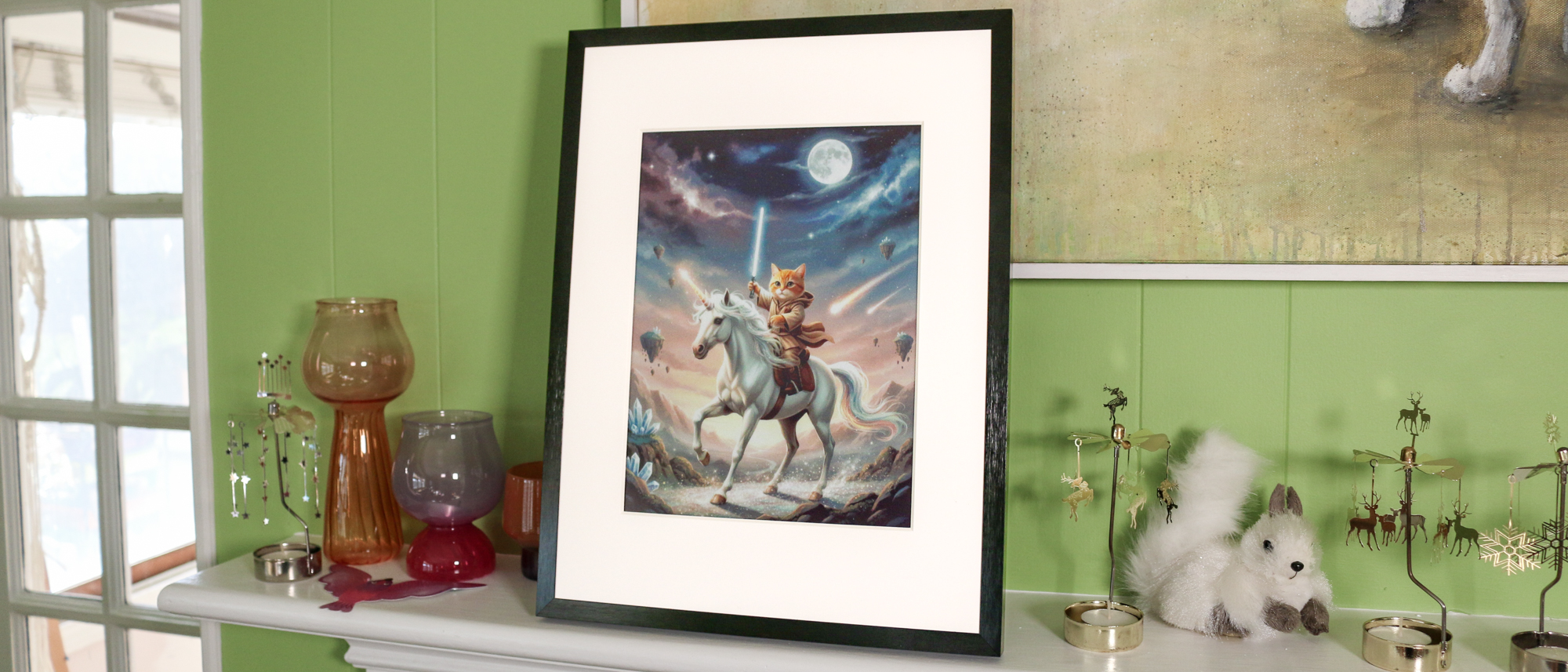I test ChatGPT for a living — use this 3-step prompt to make any piece of writing better
An easy process to instantly improve your work

Here at Tom’s Guide our expert editors are committed to bringing you the best news, reviews and guides to help you stay informed and ahead of the curve!
You are now subscribed
Your newsletter sign-up was successful
Want to add more newsletters?

Daily (Mon-Sun)
Tom's Guide Daily
Sign up to get the latest updates on all of your favorite content! From cutting-edge tech news and the hottest streaming buzz to unbeatable deals on the best products and in-depth reviews, we’ve got you covered.

Weekly on Thursday
Tom's AI Guide
Be AI savvy with your weekly newsletter summing up all the biggest AI news you need to know. Plus, analysis from our AI editor and tips on how to use the latest AI tools!

Weekly on Friday
Tom's iGuide
Unlock the vast world of Apple news straight to your inbox. With coverage on everything from exciting product launches to essential software updates, this is your go-to source for the latest updates on all the best Apple content.

Weekly on Monday
Tom's Streaming Guide
Our weekly newsletter is expertly crafted to immerse you in the world of streaming. Stay updated on the latest releases and our top recommendations across your favorite streaming platforms.
Join the club
Get full access to premium articles, exclusive features and a growing list of member rewards.
We all know by now that ChatGPT is a seemingly infinite source of wisdom when it comes to productivity. However, for me, the tool is most useful when it comes to researching and writing.
Whether it's for a research paper, an online article, or some form of creative writing, ChatGPT can be a powerful AI productivity assistant. This is not to say it will write for you, but more give you a nudge in the right direction.
There are a few ways that you can use it for these kinds of tasks. You can ask ChatGPT to do your research for you, or come up with some potential angles, or even write an initial draft to give you inspiration.
For me, I’ve found a 3-step prompt that works really well for helping me get a final result that I’m happy with. Here’s how to do it.
Find the insights

To start the process, I tell ChatGPT:
“I want to explore [the topic]. Give me an overview of the key themes, opinions, and expert perspectives surrounding it. Identify what’s most often misunderstood or oversimplified with this topic.”
This helps to get me started. It’s a bit like the initial research stage, and while you can research alongside it, this has saved me so much time in the past by giving a clear overview.
Get instant access to breaking news, the hottest reviews, great deals and helpful tips.
ChatGPT generates quite a considerable information in this step, and it can be slightly overwhelming to read through. If you want it to be more condensed, set a word limit for this stage in your prompt.
You can also ask for specific information to be included if that is important, such as links, tables or opinions from certain sources.
Framing your angle

The above stage on its own can be a bit overwhelming. You’re given a big block of information with no clear theme. That’s where the second step of the prompt comes in.
Once ChatGPT has answered the part above, I then follow up with:
“Now, put those insights into a clear, original framework or narrative. Show how the pieces fit together, highlight tensions or contradictions, and propose a central idea that ties it all together.”
What I especially like about this step is that it picks out some ideas that you might not have noticed about your topic.
For example, it might point out psychological considerations, ideas that are relevant to 2025, or a point that is quite hard to uncover without being a super-powered AI with the internet at your disposal.
Most importantly, ChatGPT can help come up with a narrative that you might want to take with your own work. Consider this to be a stage of inspiration, guiding you towards the end result that you want.
Planning the final product

The final step is to take all of this and ask ChatGPT to help come up with the final concept. For this, I use the prompt:
“Using what you have gathered, help me plan what I should write for the final piece of writing. Offer up suggestions of the best angles and topics that would be most interesting”.
This step avoids simply making ChatGPT do your work for you, instead focusing on the tool’s ability to creatively come up with a final pitch to work from.
I have found that this is especially helpful when dealing with more abstract topics that have a lot of possible branches to go off on.
Sometimes, ChatGPT can be a bit vague here, giving very overarching ideas of where to start. But there are often nuggets of valuable information to be picked out and applied to your final piece of work.

Follow Tom's Guide on Google News and add us as a preferred source to get our up-to-date news, analysis, and reviews in your feeds.
More from Tom's Guide
- I spent 2 weeks speaking to a Spanish AI in Babbel — here's why it could be the future of learning languages
- I used ChatGPT Agent to find the perfect Black Friday TV deal — here's how you can too
- I tried Google Photos’ new ‘Help me edit’ tool on iPhone — and I’m already obsessed

Alex is the AI editor at TomsGuide. Dialed into all things artificial intelligence in the world right now, he knows the best chatbots, the weirdest AI image generators, and the ins and outs of one of tech’s biggest topics.
Before joining the Tom’s Guide team, Alex worked for the brands TechRadar and BBC Science Focus.
He was highly commended in the Specialist Writer category at the BSME's 2023 and was part of a team to win best podcast at the BSME's 2025.
In his time as a journalist, he has covered the latest in AI and robotics, broadband deals, the potential for alien life, the science of being slapped, and just about everything in between.
When he’s not trying to wrap his head around the latest AI whitepaper, Alex pretends to be a capable runner, cook, and climber.
You must confirm your public display name before commenting
Please logout and then login again, you will then be prompted to enter your display name.
 Club Benefits
Club Benefits




















